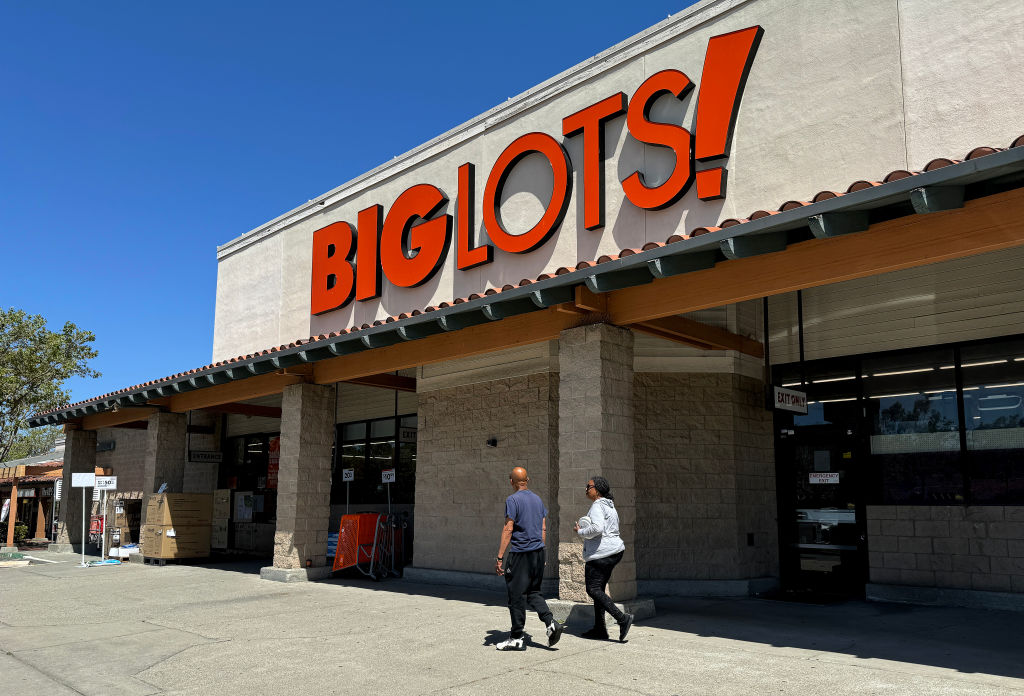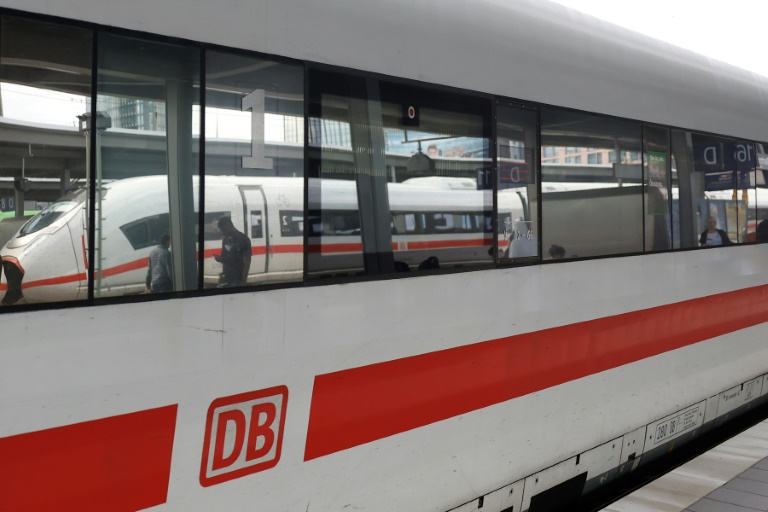Discount retailer Big Lots has announced sweeping closures of its outlets across the U.S. after filing for bankruptcy three months ago. The chain had closed 400 stores in different locations earlier this year, with 963 stores remaining open across the country.
Now the remaining stores are set to begin “going out of business” sales at its stores, with the exact timeline for closures unclear.
“We all have worked extremely hard and have taken every step to complete a going concern sale. While we remain hopeful that we can close an alternative going concern transaction to protect the value of the Big Lots estate, we have made the difficult decision to begin the GOB process,” Bruce Thorn, Big Lots’ President and Chief Executive Officer, said in a press release Thursday.
Big Lots filed for Chapter 11 bankruptcy protection in September, weeks after announcing plans to close 340 stores across the United States. In a statement, the company said the store closures were part of a sale agreement with an affiliate of Nexus Capital Management LP.
“We are proud of the work we do every day across Big Lots to provide our customers with unmistakable value and exceptional savings, as well as building stronger communities through our philanthropic efforts. The actions we are taking today will enable us to move forward with new owners who believe in our business and provide financial stability, while we optimize our operational footprint, accelerate improvement in our performance, and deliver on our promise to be the leader in extreme value,” Thorn had said back then.
In the September statement, Big Lots said the key driving factors behind its Nexus merger decision were high inflation and interest rates, which have reduced customer spending on its main products.
Despite making its best efforts, the company struggled to stay afloat, and therefore it resorted to going through a court-supervised process to maximize value and ensure continued operations.
The company held its hopes high that it would sell all its assets and business operations to Nexus, but the agreement later fell into shambles. The reason behind the proposed sale not happening was that the acquisition not being economically feasible due to the company’s inventory being valued at a lower amount than anticipated, Bloomberg reported. To make matters more complicated, landlords had also been putting pressure on Big Lots in court to explain the sale’s delay.
Big Lots is currently in discussions with Nexus and another potential buyer to explore the possibility of saving several hundred stores rather than the entire chain, Big Lots attorney Brian M. Resnick told Bloomberg.







